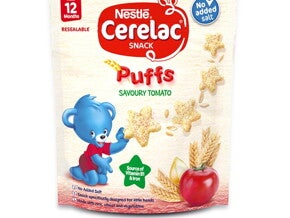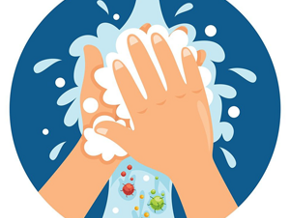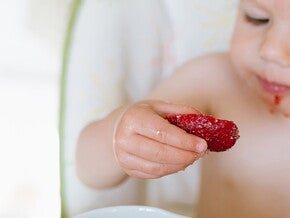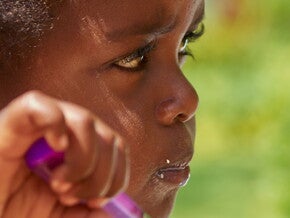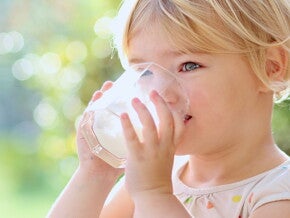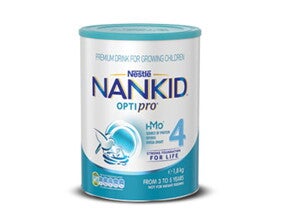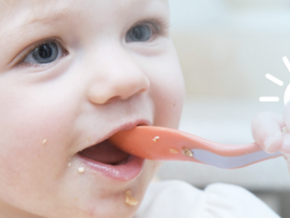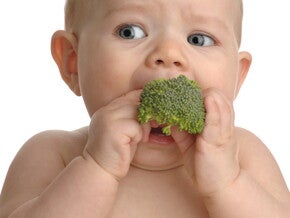
Your Junior is still in a phase of rapid development. The years 1–3 cover a major learning stage and her brain will almost double in size. Her physiological and nutritional needs are fairly specific and it is essential that she eats a good variety of healthy foods to satisfy her highly specialised needs.
Although Juniors grow at a slower rate than babies, they still need enough energy and nutrients from food to fuel this active play and growth phase. The most common problem in this age group is the child who refuses to eat. This can be a major source of concern for parents, as mealtimes can become a battlefield. Remember that your child may have appetite fluctuations from day to day, and even meal to meal. This is perfectly normal as most children in this age group tend to sustain their normal growth despite poor food intake. Never be tempted to force-feed Junior – it will be fruitless and may result in a life-long aversion to certain foods.
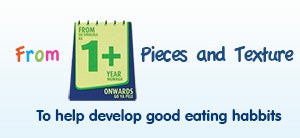
From around 12 months
From 1-3 years, your child will make the big transition from infancy to childhood.
He can now:
- Eat by himself.
- Choose what and how much he eats.
Oral Development
- Has upper and lower teeth.
- Shows more control when chewing.
- Can eat family foods, chopped and whole
During this time, it is important to provide him with a strong nutrition foundation for later years.
| SAMPLE MENU |  |
| On waking | Milk feed |
| BREAKFAST | CERELAC LITTLE 1s with milk |
| Mid-morning | Fresh fruit, cup of milk |
| LUNCH | Meatballs with mashed potatoes/ noodles/veggies |
| Mid-afternoon | Fruit/snack bar |
| DINNER | Noodles with cheese Fruit |
| Before bed | Warm milk drink |

